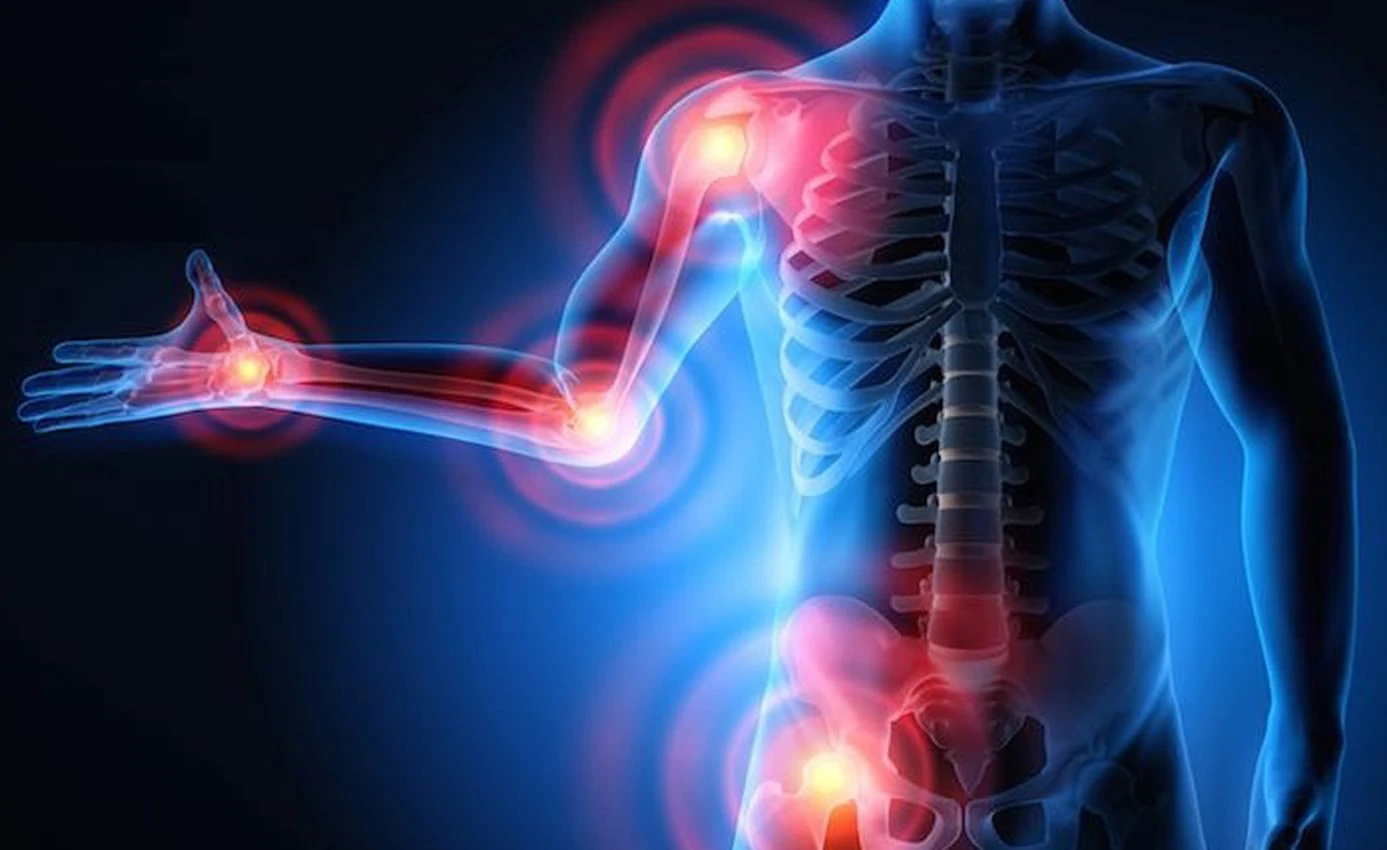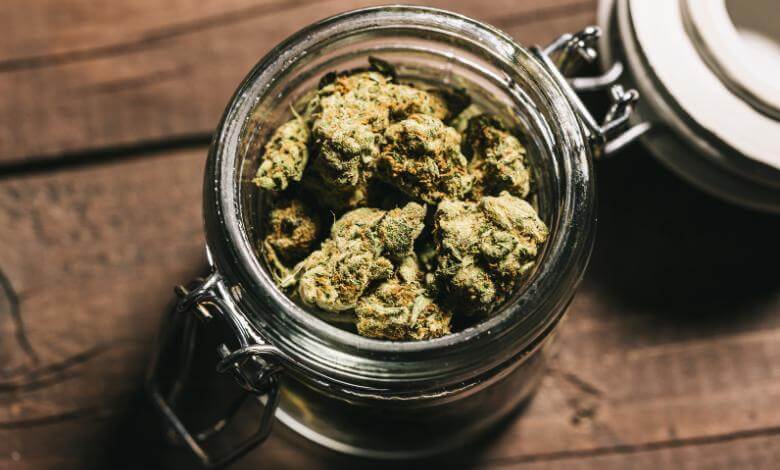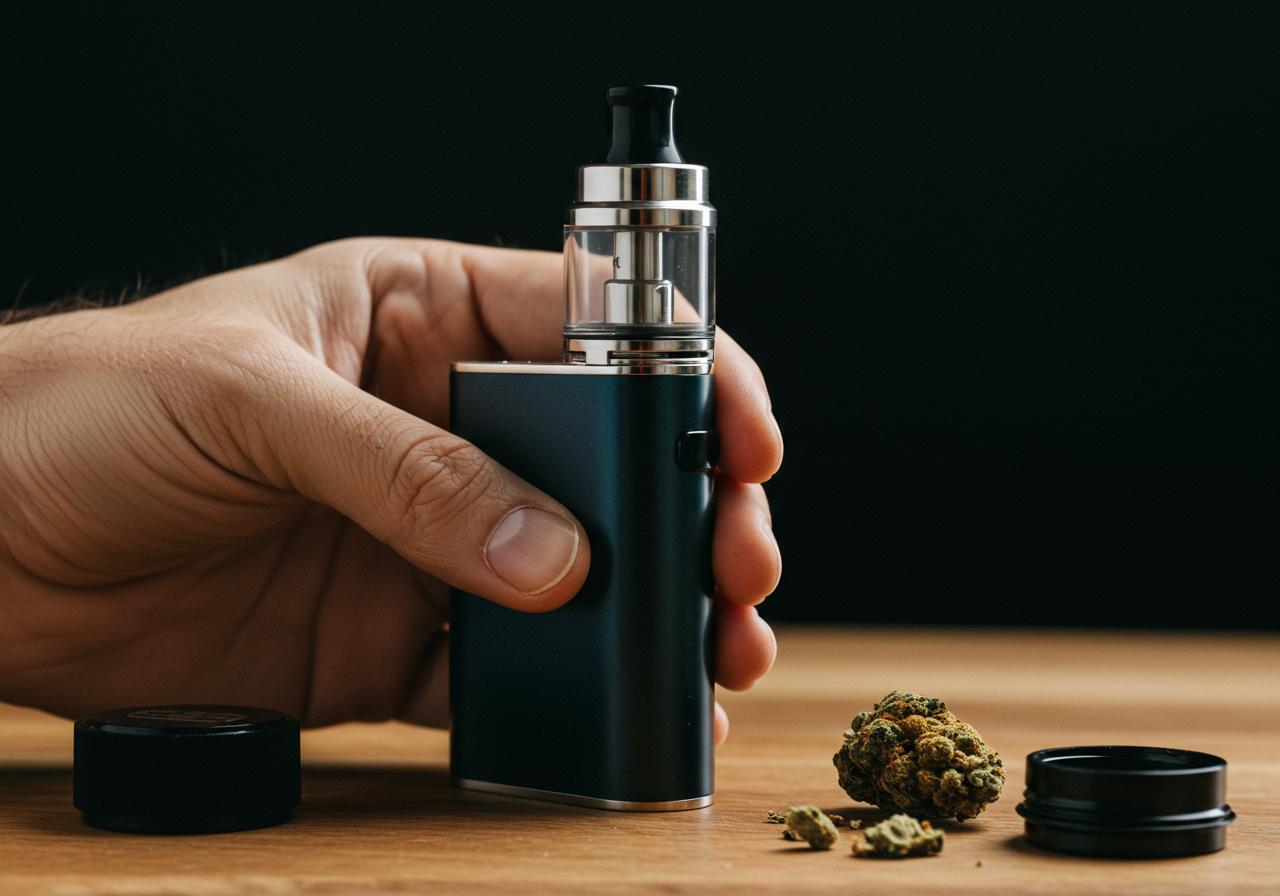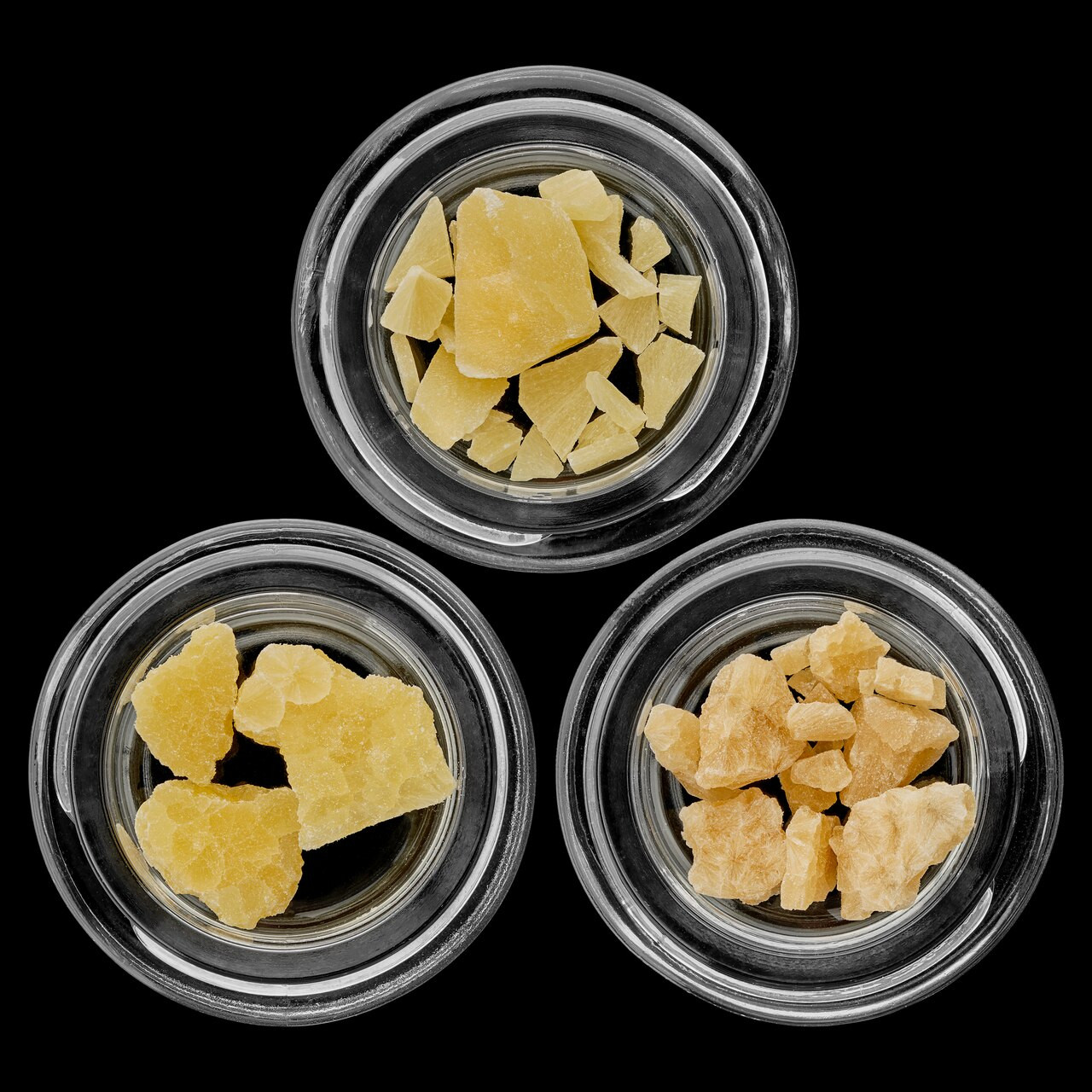THCA and Inflammation: Anti-Inflammatory Properties
Published on August 8, 2024
Last Updated on January 6, 2026

So, THCA and inflammation, huh? Quite a hot topic right now. Ah, tetrahydrocannabinolic acid, that’s what THCA stands for. A bit of a mouthful, honestly. Not to be confused with THC, the stuff that gives cannabis its psychoactive effects. Now, THCA doesn’t make you high, but it’s got some interesting properties nonetheless. Specifically, we’re talking about its potential anti-inflammatory properties. Intrigued yet?
THCA vs. THC: Understanding the Differences
Okay, before we get too deep, let’s clear something up. THCA and THC might sound similar, but they’re not the same. Chemically speaking, THCA is the raw form. It turns into THC when heated. So, if you’re munching on raw cannabis or snacking on a THCA flower, no worries about any intoxicating effects messing with your day. But what about the role of THCA in raw cannabis versus processed cannabis products? Well, raw cannabis keeps it stable – kinda like THCA’s safe zone. THC, on the other hand, takes the stage in processed products, packing that intoxicating punch but also offering some therapeutic benefits. THCA is non-intoxicating but no less important.
Mechanisms of THCA’s Anti-Inflammatory Activity

Now, onto the good stuff. How does THCA actually work? The magic lies in its interaction with the body’s endocannabinoid system, specifically the CB1 and CB2 receptors. These are like the gatekeepers, influencing inflammation response. When THCA shows up, it can reduce pro-inflammatory cytokines. Sounds technical, right? But basically, it means less inflammation, less pain. It could be a game-changer for chronic inflammation conditions, like inflammatory bowel disease. Oxidative stress and chronic pain also sit on THCA’s agenda, potentially helping manage these pesky issues.
Potential Health Benefits of THCA
Speaking of benefits, THCA doesn’t stop at inflammation. Pain relief is a biggie. Imagine having a natural option for pain management. Chronic pain, neurodegenerative diseases might see some relief too. I mean, the neuroprotective effects of THCA, could be promising for conditions like multiple sclerosis. And hey, it might even lend a hand with mental health too, which is neat.
THCA in Medical and Therapeutic Applications

You might be asking, “Alright, but how does it apply in the real world?” Well, medical marijuana isn’t just about THC. THCA’s holding its own in the therapeutic world. You’ll find it in various cannabis extracts and THCA products on the market. Medical and therapeutic use is gaining traction. It’s been part of discussions for conditions like multiple sclerosis with a few case studies pointing to its therapeutic potential.
Considerations for Consuming THCA
If you’re thinking of giving THCA a shot, there’s some stuff to keep in mind. Eating or consuming THCA flower or cannabis extracts isn’t like your usual cannabis consumption. Different rules, you see. Safety first, right? Check in with a healthcare provider before diving in, just to be safe. And there’s also the legal aspects to consider. Depending on where you are, THCA’s legal status could vary – a bit of a patchwork, honestly. Plus, ongoing research on cannabinoids and health continues to reveal how compounds like THCA interact with the body, shaping what we know about safety, benefits, and best practices for use.
Future Research and Developments

While we’re on the topic of the future, THCA isn’t done yet. There’s plenty more research needed to fully understand its therapeutic potential. Exciting conversations are happening around what’s next for cannabis product development and emerging trends in THCA research. Ongoing studies are diving into THCA’s interaction with cannabinoid receptors, potentially unlocking new therapeutic avenues.
Conclusion: The Path Forward for THCA and Inflammatory Conditions
So, there we have it. THCA might just hold a key to addressing inflammatory conditions. It’s not just inflammation, mind you. The broader health implications and therapeutic potentials of THCA make it worth the while. More research is the way forward, fueling discussions on the future of cannabis-based therapies. Who knows, THCA might be the next big thing in health and wellness.
And that’s it. THCA and inflammation. A story still unfolding, and one to watch for sure.













